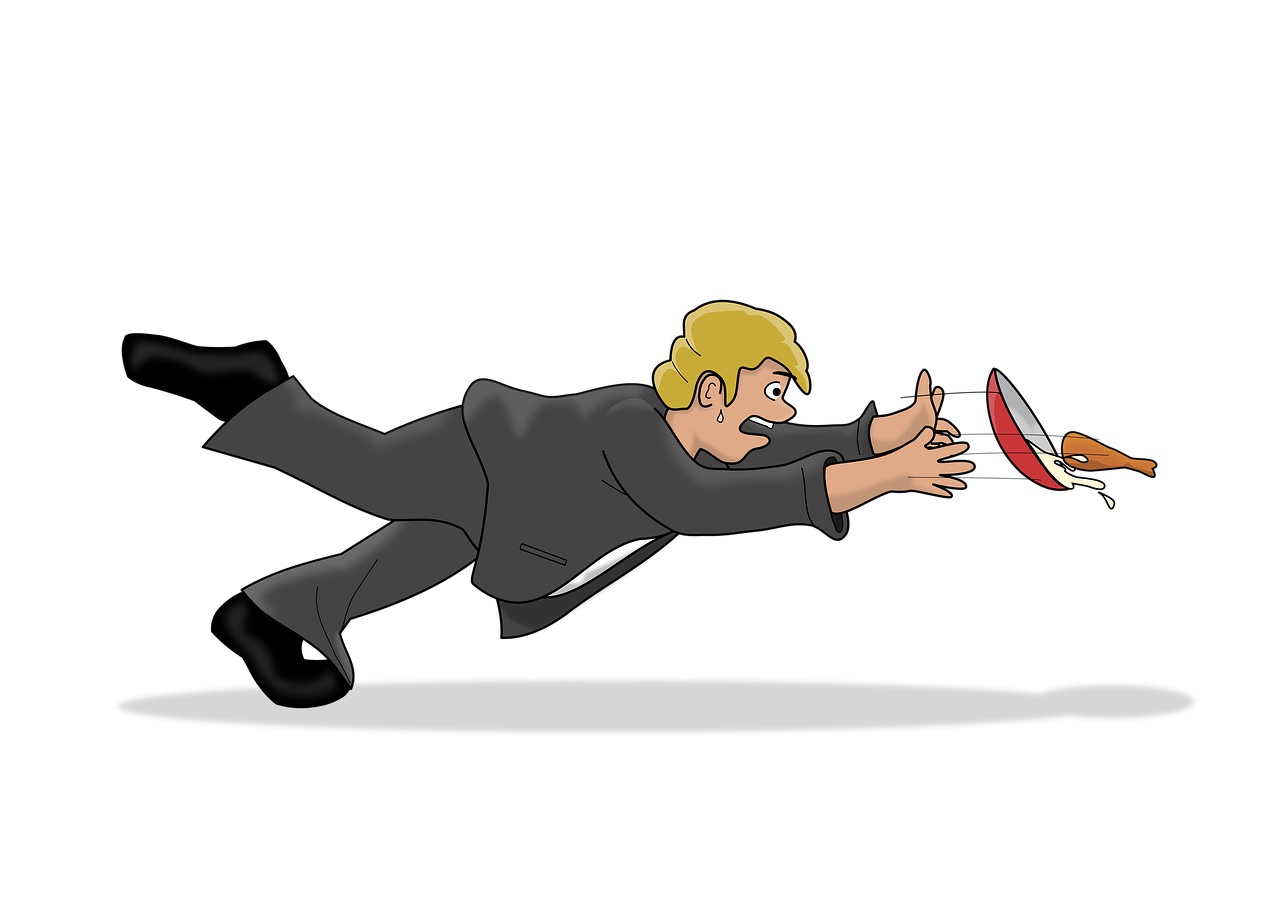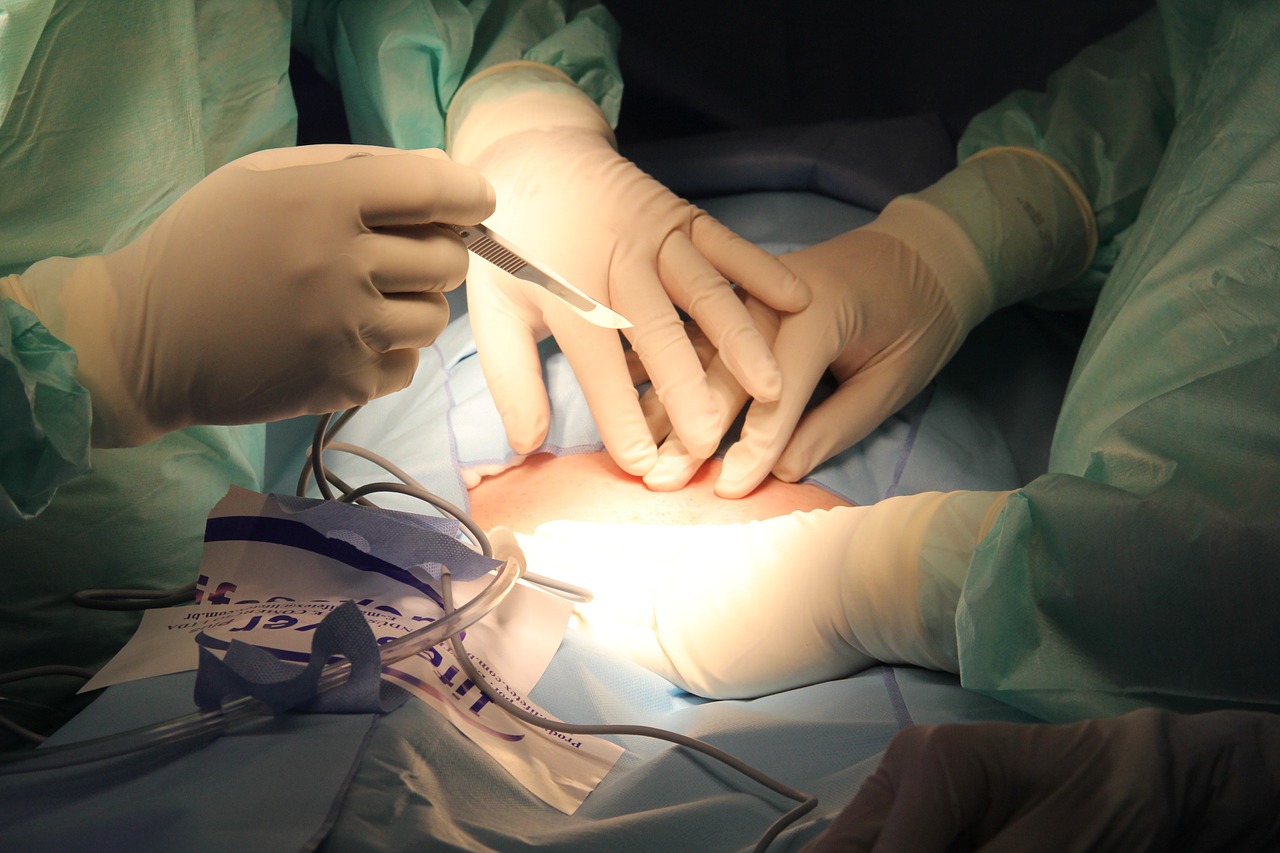
Radiology residency programs differ widely in the independence that they allow their residents. Some let their residents do most procedures almost entirely by themselves. And others are more stingy with giving permission. Regardless of your situation, however, it is critical to check in with your scheduled cases before the day begins with your attending as a young learning physician. These include rotations, especially fluoroscopy and interventional radiology. And it’s not just to say hi! It is excellent for education and patient care. Let me give you multiple reasons why.
Getting A Good History- Filling In The Gaps
Sometimes residents either do not know the right questions to ask. Or other times, radiologists may have discussed the case with the ordering physician already. Each of these different circumstances provides information that the resident does not already have. These critical facts can change the direction of the case. For instance, if you already know that a patient is here for dysphagia, you would perform an esophagram that would critically analyze the upper esophagus instead of mainly the stomach or duodenum. Why not check in with your attending to confirm what is going on?
Increase Learning
By going over the schedule with your faculty in the morning, attendings will most likely discuss the disease entity that you will need to know. All this discussion is the best way to reinforce what you have already learned. Even better, it is a great way to introduce you to new topics and issues you may face when performing the case. And, it’s an easier way to learn what you may need to know for the boards.
Check-In For The Collaboration
Working with your attendings allows you to get to know them better. A team-based approach is usually better than going at it alone. Teamwork usually leads to a better relationship over the year. Who knows? Maybe, you will eventually ask this faculty member for a recommendation!
Attending May Not Realize Case Is On The Worklist
Sometimes cases can get lost, even on PACS systems nowadays. Accession numbers and MRI numbers can be incorrect. Or, the tech can batch a case on the wrong worklist accidentally. By going over the morning case, your attending now knows what she can expect on the wordlist during the day. And, if it is not there (for whatever reason), either you or your faculty can look into it. It is one surefire way to make sure that the case does not slip through the cracks!
Performing Studies The Way The Faculty Likes It
Every faculty member likes cases done in different ways. Some may want a few extra views of the stomach on an upper GI series. Others expect a thorough workup of the esophagus. Regardless, you will now precisely know precisely what you should do before even starting the case. All this diligence prevents the attending from bringing the case back and ensuring that you perform it appropriately. In the end, it is your attending’s name on the report and takes full responsibility for everything you do!
Check-In With Your Faculty First Thing In The Morning
It is more than just lip service to check in with your attending in the morning. Checking in serves many practical purposes, including getting better and more valid information, learning about diseases, preventing cases from falling through the cracks, and ensuring you complete the procedure correctly. So, pick up the phone or stop by your attending’s office. And let your faculty know what is on the schedule before starting. It is an excellent way to augment learning and improve patient care!











